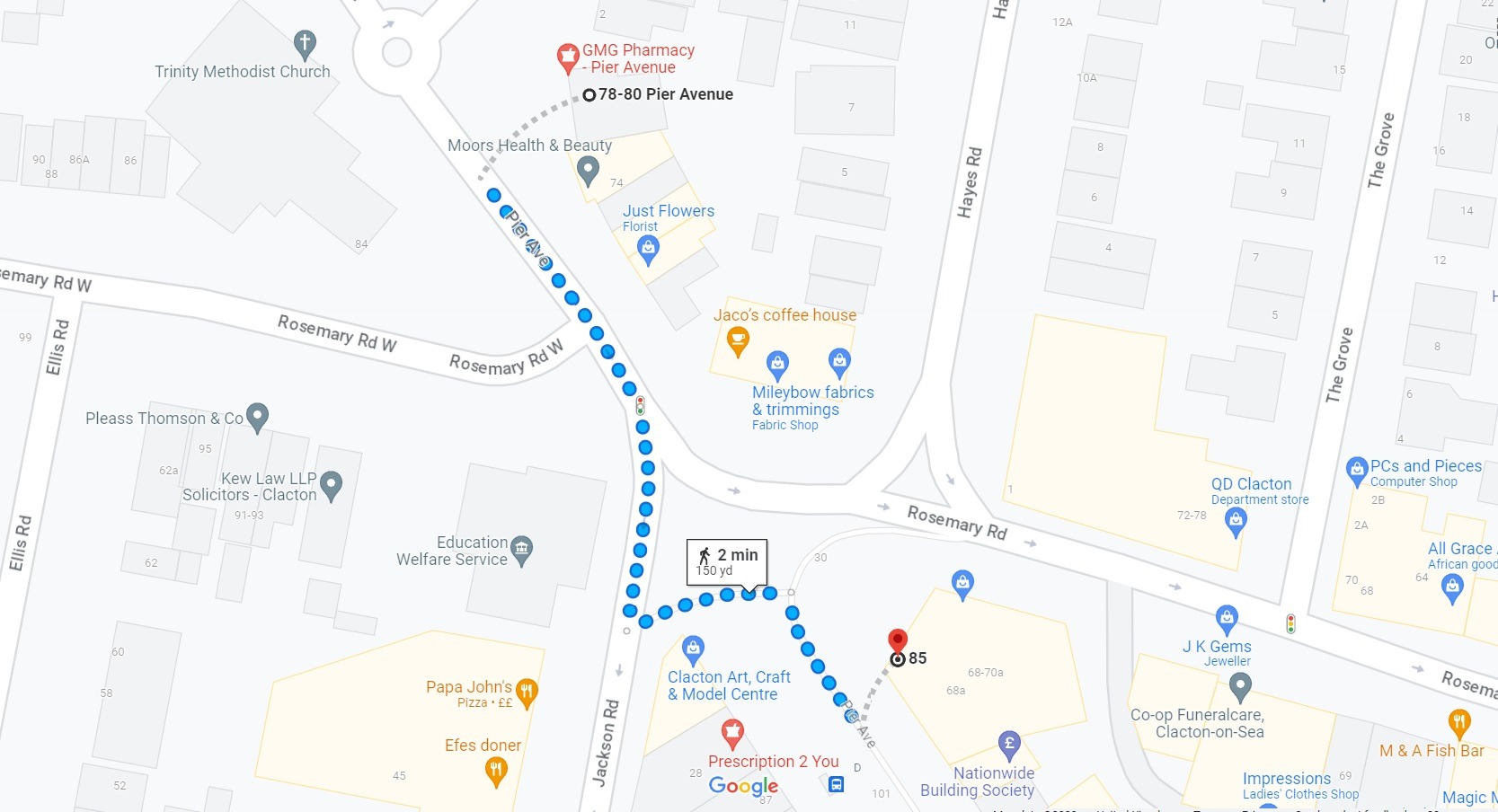Why is the COVID Vaccine Important?
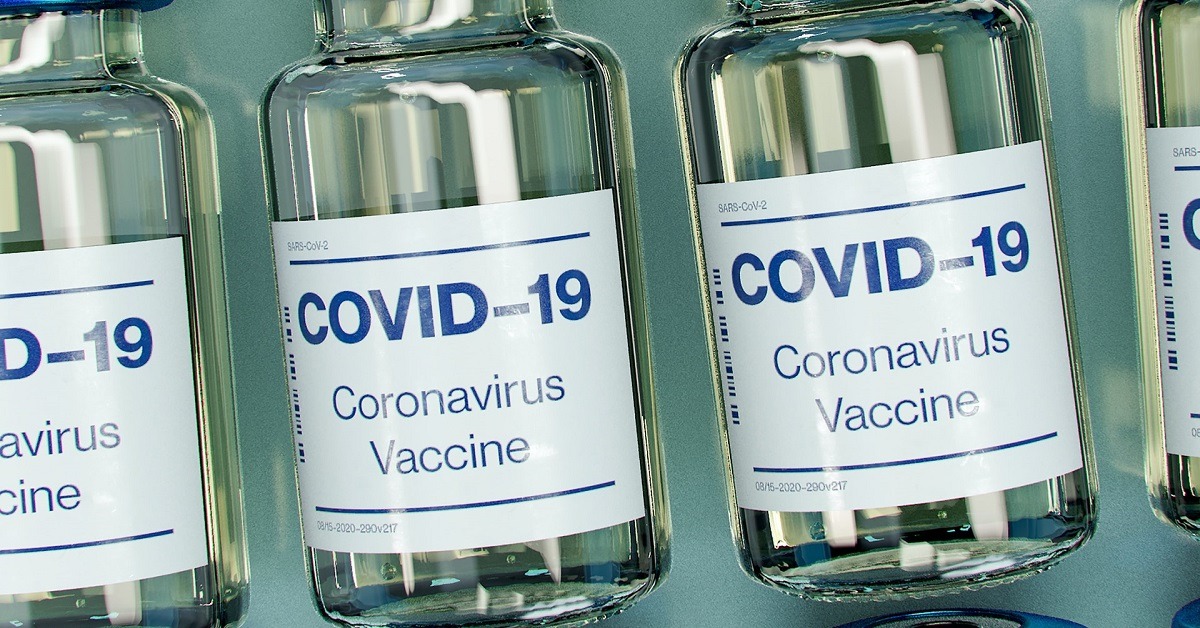
There are a number of COVID-19 vaccines in development across the globe. Pfizer-BioNTech and Moderna vaccines are the most common, and they use mRNA technology to help your immune system generate immunity to SARS-CoV-2, the coronavirus that causes COVID-19. All of these vaccines are given in two doses. Your immunity to the virus begins to take effect after the second dose. You may be wondering how long you have full immunity after the second dose. Keep reading to learn more about the Covid vaccine in Essex.
How long do you have immunity after the second Covid vaccine in Essex?
The Pfizer-BioNTech and Moderna vaccines work by exposing your immune system to a component of the new coronavirus known as the spike protein. This protein exists on the surface of viruses. It aids the virus in binding to and entering host cells in your body.
Because your immune system has memory, it can analyse and store information about the spike protein using the vaccine. It can then use this information to protect you if you are ever exposed to the actual virus.
Immunity, on the other hand, does not occur immediately after vaccination. In fact, it takes about two weeks for your body to develop immunity. As a result, you may still become ill during this time period.
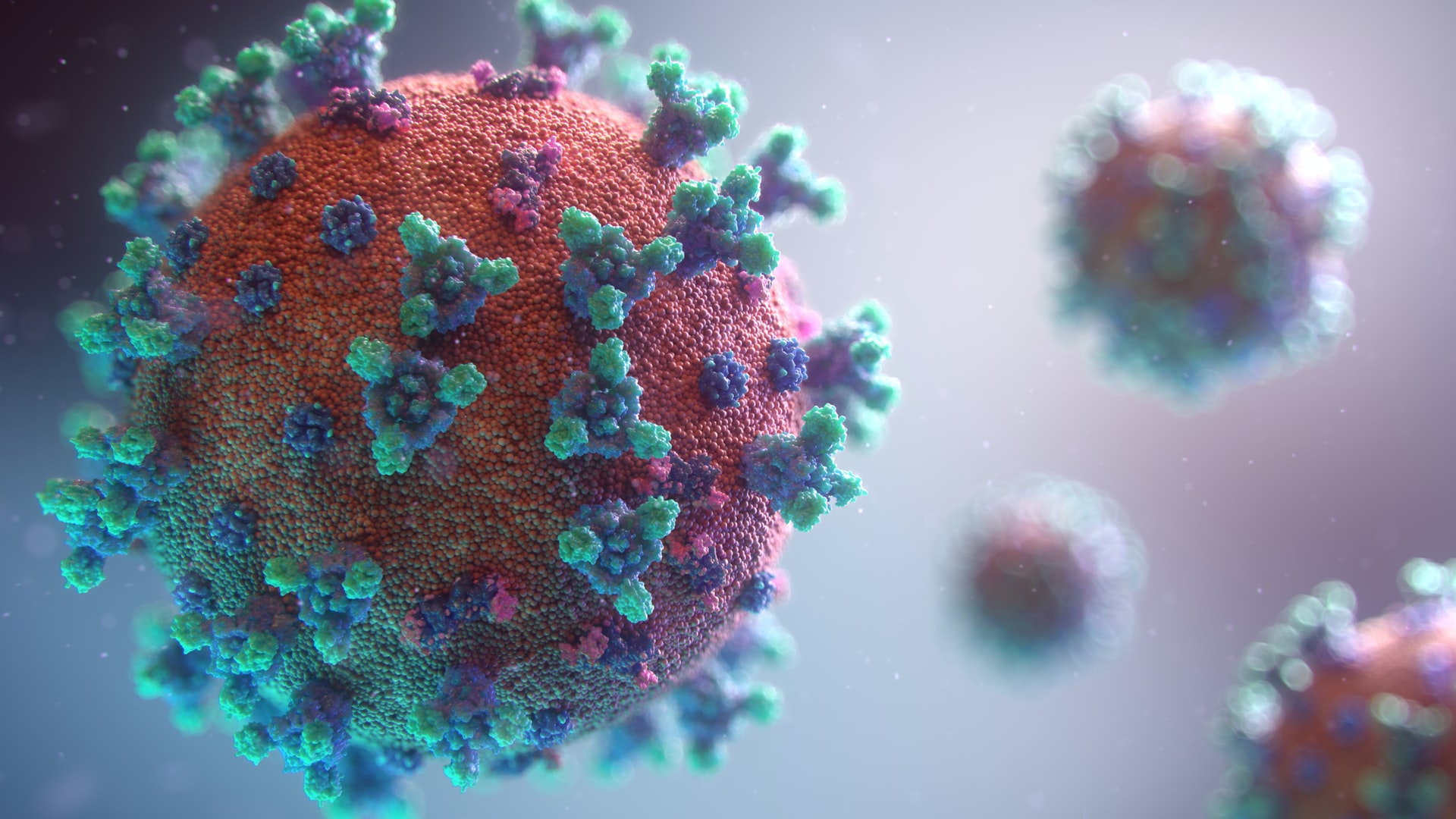
PFIZER-BIONTECH
The Pfizer-BioNTech clinical trial assessed how effective the vaccine was one week after participants received their second dose. Researchers discovered that the vaccine was 95% effective in preventing COVID-19 at this point.
MODERNA
The Moderna clinical trial examined vaccine efficacy two weeks after participants received their second dose. The vaccine has shown to be 94.1% effective against COVID-19 at this point.
Can you catch COVID-19 after 2 doses of the vaccine?
With so many people being vaccinated and almost all COVID-19 restrictions being lifted in some countries, a small proportion of fully vaccinated individuals will become infected. A much smaller proportion will become seriously ill. What matters is that those who have been fully vaccinated against COVID-19 have a much lower risk of a serious outcome than those who have received no vaccine doses.
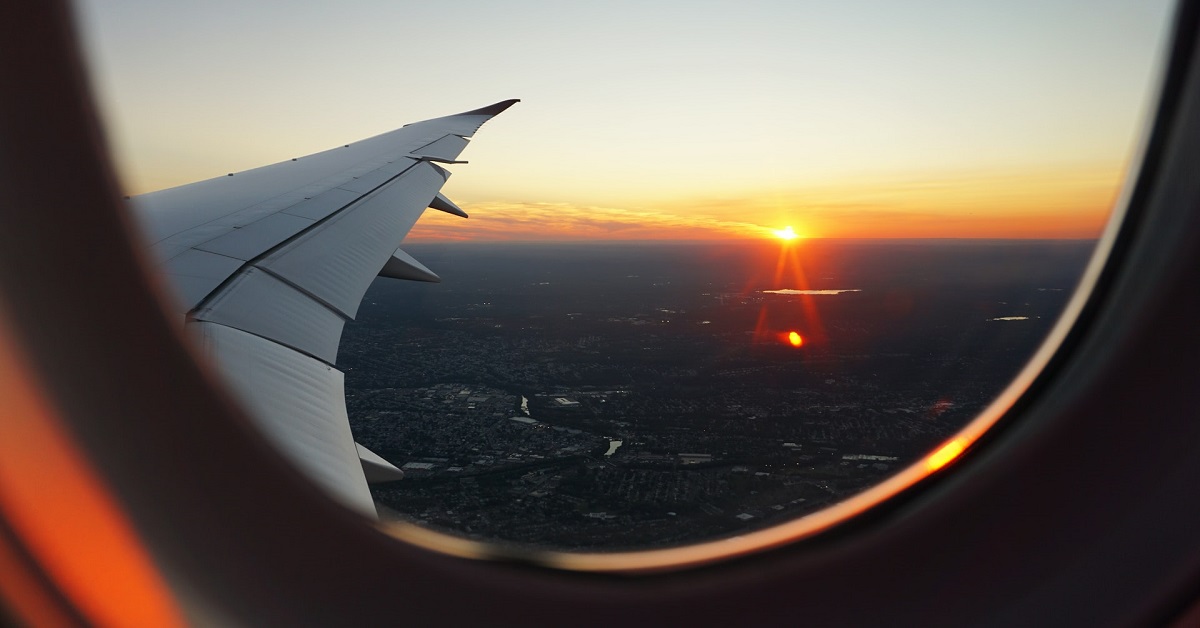
Do you need to get the Covid vaccine in Essex to travel?
No, not always. Certain countries, such as Spain, do not require vaccinations. Others require proof of a negative test within a few days of arrival, while others simply refuse all tourists regardless of vaccination! However, many people see the COVID vaccination as a safe way to welcome tourists back into their country.
There is less risk of getting or spreading COVID if you are vaccinated, but even recommendations for vaccinated people are changing on a daily basis due to new variants.
Can you travel without the COVID vaccine?
Some people have yet to receive a vaccine, while others are unable to do so due to age, health risks, or a number of other factors. But will this make international travel impossible? Again, it is entirely dependent on the regulations from country to country.
While having the COVID vaccine is preferable for international travel, many countries will accept a negative PCR or rapid test within 48-72 hours of entering the country in lieu of proof of vaccination.
Other countries have outright banned unvaccinated people because the risk of disease transmission is too high.
How long do you need to wait between doses?
The time between the two doses is determined by which of the two vaccines you receive:
– Pfizer-BioNTech: The second dose is administered three weeks after the first.
– Moderna: The second dose is administered four weeks after the first.
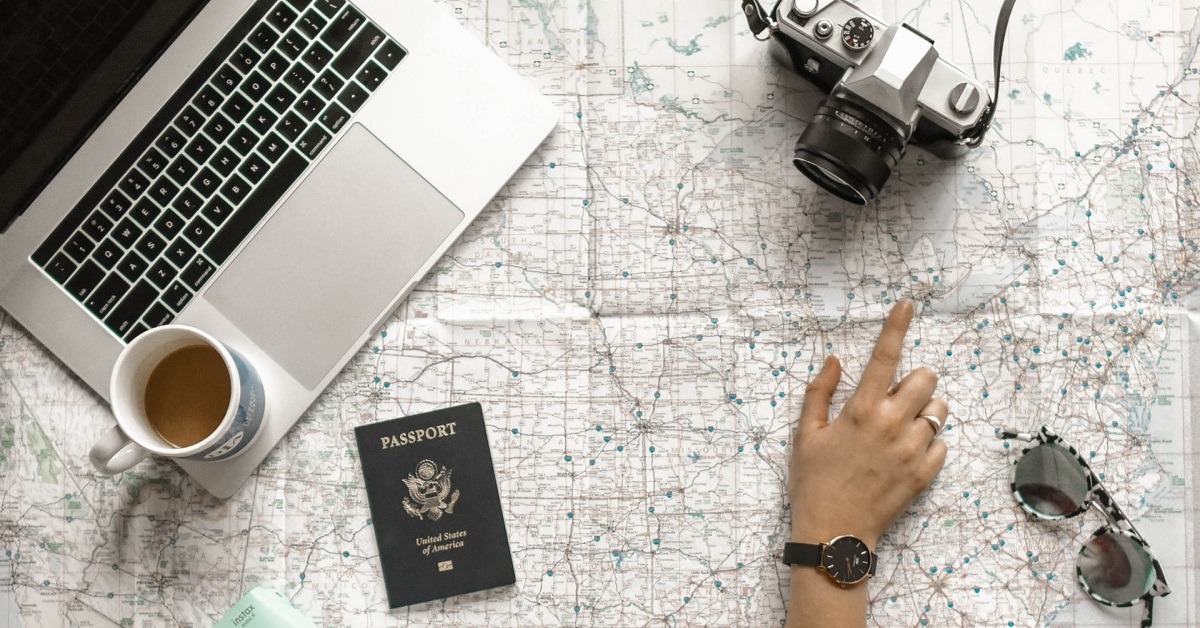
Why do you need two doses of the Covid vaccine in Essex?
Early testing confirmed that both vaccines produced a weak immune response after only one dose. The second dose, on the other hand, elicited a much stronger immune response.
This is why the Pfizer-BioNTech and Moderna vaccines require two doses. Consider this: the first dose begins to build protection, while the second dose reinforces that protection. Some vaccines only require a single dose. Johnson & Johnson developed a vaccine as an example of this.
Can your immunity be affected if you wait too long between the two doses?
The Centres for Disease Control and Prevention (CDC) indicates that your second dose should be given as close as possible to the end of the 3-week (Pfizer-BioNTech) or 4-week (Moderna) waiting period.
However, delays in the vaccine supply chain or unanticipated life events may prevent you from receiving your second vaccine on time. Fortunately, there is some wiggle room here, and getting your second dose a little later than expected should not have an effect on your immunity.
Get in touch with us for more information or visit your nearest G.M. Graham Pharmacies branch.
Book Your Vaccination Holland Branch Cavalry Road Branch
This post was written on behalf of G.M. Graham Pharmacies by Pharmacy Mentor
